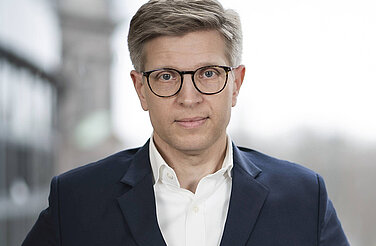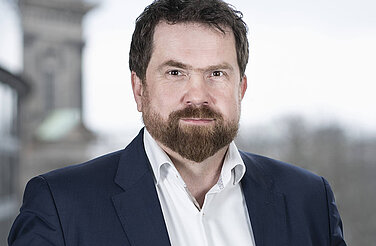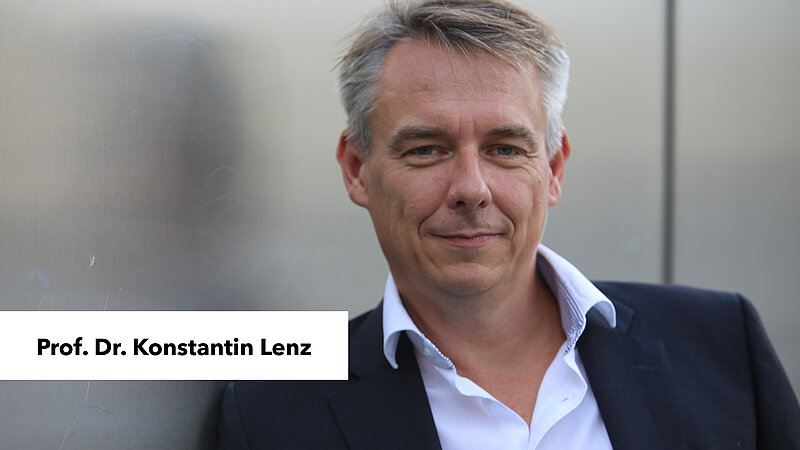- Authors
- Prof. Dr.-Ing. Konstantin Lenz (University of Applied Sciences Erfurt), Thorsten Lenck, Frank Peter (both Agora Energiewende)
- Version number
- 1.0
- Publication date
-
20 December 2019
- Pages
- 41
- Suggested Citation
- Agora Energiewende (2019): The Liberalisation of Electricity Markets in Germany – History, Develop-ment and Current Status
- Project
- This publication was produced within the framework of the project Liberalising Electricity Markets in Germany.
The liberalisation of electricity markets in Germany
History, development and current status
Preface
Many countries are committed to liberalising their energy markets. Invariably, the guiding rationale is to foster competition amongst market participants, enhance the efficiency of the market and achieve lower end-consumer prices. Furthermore, highly competitive short-term markets are a central tool for integrating wind and solar energy. In 1996, Germany became one of the first countries to transform its energy system from a monopoly to a liberalised electricity market. Today, Germany’s wholesale power market is well-functioning, liquid, and integrated with most neighbouring markets in Europe. Liberalisation has delivered cost-reductions, and the German power sector remains one of the most reliable in the world. All in all, liberalisation has been a great success.
Nevertheless, the process is complex. Even after more than three decades, liberalisation is still ongoing.
In this report, we shed some light on market liberalisation in Germany. This study seeks to provide an introduction while also highlighting some important topics and developments. Our aim is to offer a succinct overview of market liberalisation for non-experts and to help them find answers to questions they may have in their own countries.
We would like to thank the Deutsche Gesellschaft für Internationale Zusammenarbeit (GIZ) for its financial support and advice during this study.
Bibliographical data
Downloads
-
pdf 1 MB
The Liberalisation of Electricity Markets in Germany
History, Development and Current Status



